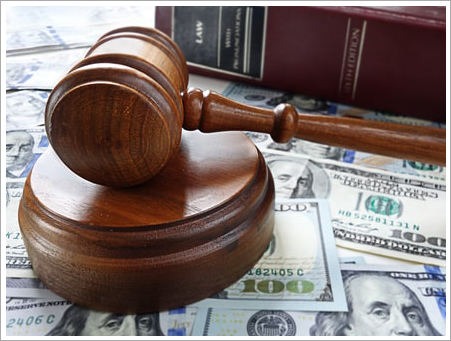When Can Charging Orders Be Used to Enforce Judgments Against Debtors?
As a commercial creditor, it is essential to know how to enforce judgments against debtors. One of the most effective ways to recover the money owed to a creditor is by obtaining a charging order. This legal tool allows a creditor to seize money distributed to a debtor through a limited liability company (LLC) or limited partnership (LP) until the debt is settled. Charging orders essentially serve as a lien on the income earned by a business owner or partner. It is important for creditors to understand when charging orders can be used and the benefits and limitations of this form of debt collection.
Considerations When Using Charging Orders

A charging order is a legal order that allows a creditor to collect the money owed to them by a debtor by seizing the income stream earned through a business. The order attaches to the debtor’s distributions of profits earned through an LLC or LP and directs that the debtor’s interest be paid to the creditor instead of the debtor.
One important factor to consider is that charging orders can only be used to seize the debtor’s distributions from the LLC or partnership, not their ownership interest in the entity. For example, if the debtor owns 50 percent of an LLC, a creditor cannot use a charging order to seize the debtor’s ownership share of the company. However, if the LLC distributes $10,000 to the debtor, a charging order will allow a creditor to seize that $10,000. A charging order does not give a creditor any rights regarding the management of a business or its assets.
In some cases, a creditor may struggle to receive the amount owed, even if a charging order is in place. Since the creditor may only seize money distributed to a business owner or partner, they will be unable to collect the debts owed if no distributions are made. However, if a company makes a distribution to a debtor that violates a charging order, a turnover order may be issued requiring the company to pay the creditor an amount equal to the distribution paid to the debtor.
In cases where a creditor is unable to recover the debts owed through a charging order within a reasonable amount of time, the court may foreclose on the lien and order that the debtor’s distributional interest in the company be sold in order to satisfy the judgment. To prevent the foreclosure, the debtor may satisfy the judgment by paying the full amount owed to the creditor. The company itself or one or more of its members or partners who are not subject to the charging order may also satisfy the judgment in order to avoid a foreclosure.
Contact Our Chicago Commercial Debt Collection Attorneys
Charging orders are complex legal tools that require careful consideration of the applicable laws. The process of obtaining a charging order can be complicated, and the potential for challenges from the debtor or other business partners or members of an LLC makes it important for creditors to seek legal assistance as they address these issues. At Teller, Levit & Silvertrust, P.C., our Cook County judgment enforcement lawyers can help creditors determine when charging orders may be used or whether other methods of collecting debts may be more effective. We will work to ensure that creditors can protect their financial interests and recover the funds owed to them. Contact our firm at 312-922-3030 to schedule an appointment and get legal help with debt collection and commercial litigation.
Sources:
https://www.ilga.gov/legislation/ilcs/fulltext.asp?DocName=080501800K30-20
https://www.investopedia.com/terms/c/charging-order.asp
https://businesslawtoday.org/2019/03/charging-order-business-lawyer-care/
Putting Your
Business First
Business First
To learn more about our services or schedule an appointment,
please call 312-922-3030 or fill out the form below:
To learn more about our services or schedule an appointment, please call 312-922-3030 or fill out the form below:


